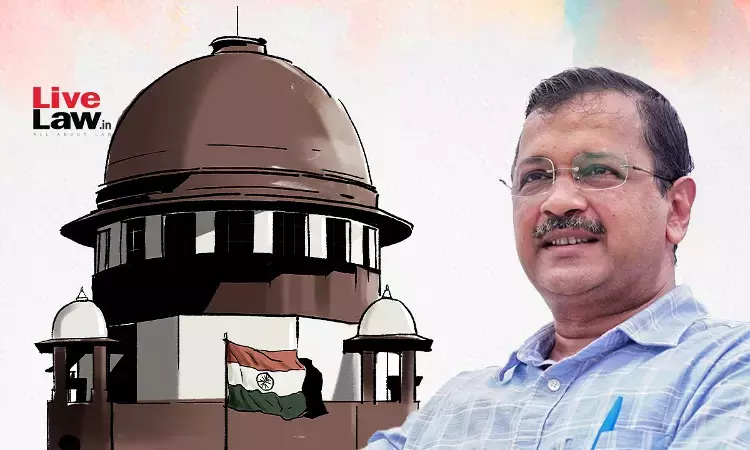We May Consider Question Of Interim Bail For Arvind Kejriwal Because Of Elections : Supreme Court Tells ED
Debby Jain
3 May 2024 4:20 PM IST

Next Story
3 May 2024 4:20 PM IST
While hearing Delhi Chief Minister Arvind Kejriwal's plea challenging his arrest by the Enforcement Directorate in the Delhi Liquor Policy case, the Supreme Court on Friday (May 3) expressed that it might consider the question of interim bail for the purposes of Lok Sabha Elections if the hearing gets delayed. The bench of Justices Sanjiv Khanna and Dipankar Datta heard the arguments...
